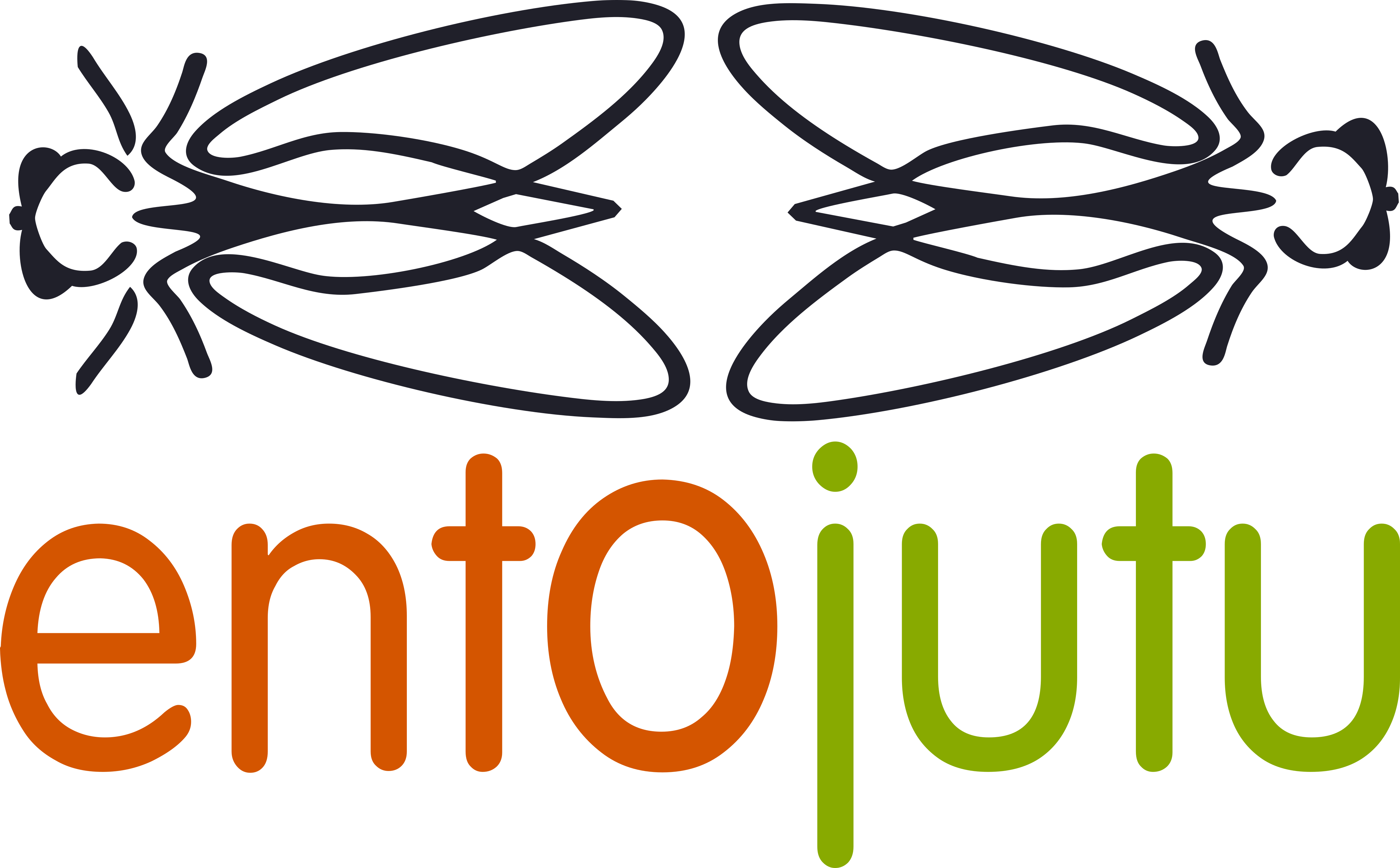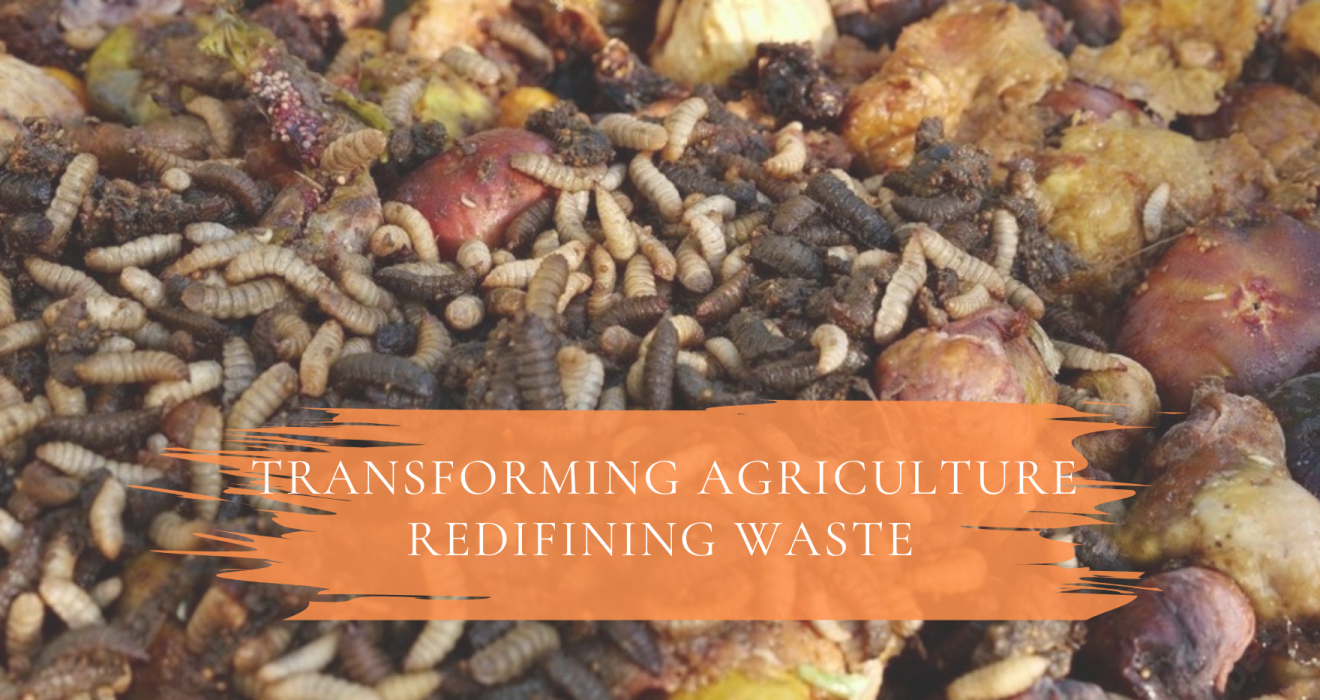In the heart of Africa bustling cities, lies an untapped resource emanating from the day to day activities of humans and often overlooked: Waste. Rapid urbanization, Population increase and Economic expansion are leading to high production of waste with millions
accumulating annually in the continent. But amidst these lies an untapped potential that can generate employment, drive economic growth and lead to a clean atmosphere through reducing the release of methane gas that is the key player in the ozone layer depletion.
The growing problem: Waste in Africa
Waste generation in Africa, like in other developing regions in the world, is driven by population growth, rapid urbanization, and growing middle class, changing consumption habits, production patterns, and global waste trade and trafficking. Poor waste
management such as widespread dumping of wastes in water bodies and uncontrolled dump sites, aggravates the problems of generally low sanitation levels across the African continent. Urbanization is on the rise in Africa and this trend is expected to continue in the future. Of concern is that the infrastructure and land use planning including for waste management is not coping with the growth of urban areas (around 3.5% annually, highest in the world).
Waste as wealth: The Circular Economy
At its core, the circular economy proposes a departure from the traditional linear “take, make, use, and dispose” model. Instead, it introduces a closed-loop system where products and materials stay in circulation through sharing, maintenance, reusing, refurbishing, remanufacturing, and recycling. The ultimate goal of a circular Economy is to minimize waste, reduce pollution, and regenerate nature.
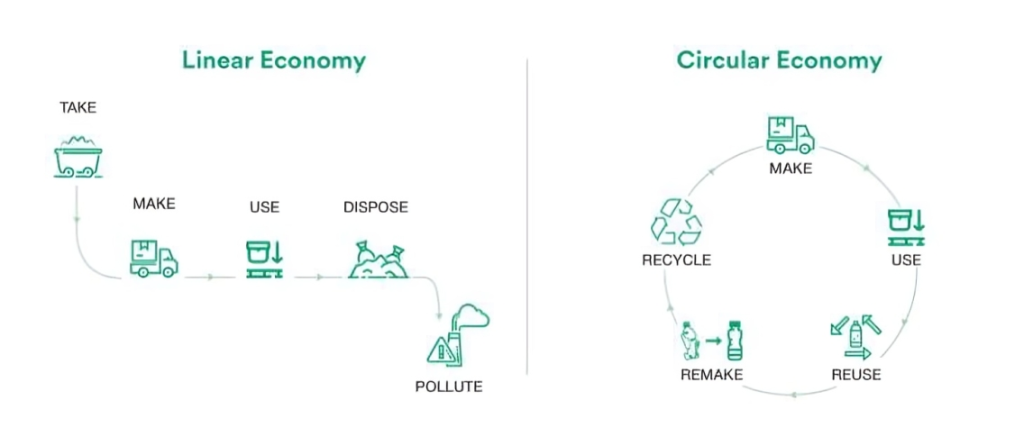
For Africa, exploring this model means transforming waste into wealth, creating jobs, reducing pollution, and fostering economic resilience. Here’s how:
- Agricultural waste to Organic Fertilizer: Agricultural sector which employs about 60% of the population produces a high amount of organic waste. By converting the crop residue, manures and other organic materials into nutrient rich fertilizer, it will reduce the dependency of farmers on costly chemical fertilizers, increasing soil health and improving crop yield. This process doesn’t only reduce waste but also aids in the production of healthy food.
- Turning Food waste into Biogas: Cities across Africa face the problem of food waste piling up in landfills producing harmful methane gas which are detrimental to humans and the environment. Investing into Biogas offers a renewable, cost-effective alternative to fossil fuels, providing power to homes, schools, and hospitals, and even cooking fuel for communities. This simple yet effective approach can address both energy shortages and waste accumulation.
- Plastic waste into construction materials: Over the years, production of non-biodegradable materials such as plastic has been on the increase, which when burned in the open air leads to atmospheric pollution. Some pioneering entrepreneurs are now transforming these plastic waste into affordable, durable construction materials. Companies are repurposing plastic bottles and bags to create bricks, tiles, and paving materials that are cost-effective and environmentally friendly. These solutions not only reduce plastic waste but also address Africa’s housing challenges by providing affordable building materials.
Key players driving change
Entojutu plays a key role in the circular economy through employing the mechanism of black soldier fly (BSF) farming. The BSF has the ability in breaking down bio-waste to produce larvae with a high protein content of about 40-45% which are useful in livestock
production and also, the frass and Puerperium which are waste from BSf larvae contains some micronutrients that are beneficial for cultivation of crops and soil amendment. Through this approach, Entojutu has reduced the effect of bio-waste in the community of
Iroko, in Akinyele L.G.A, Ibadan Oyo state to bearest minimum.
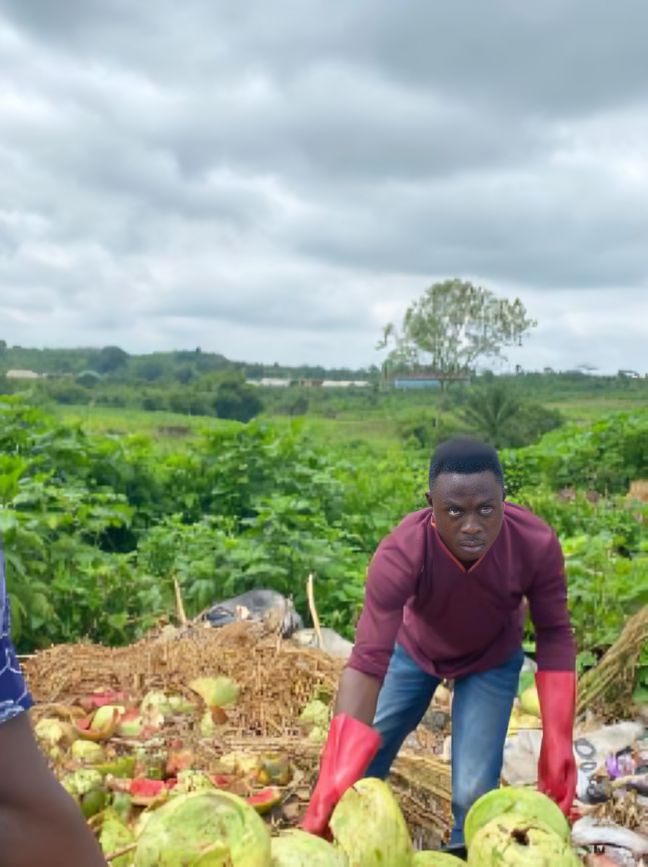
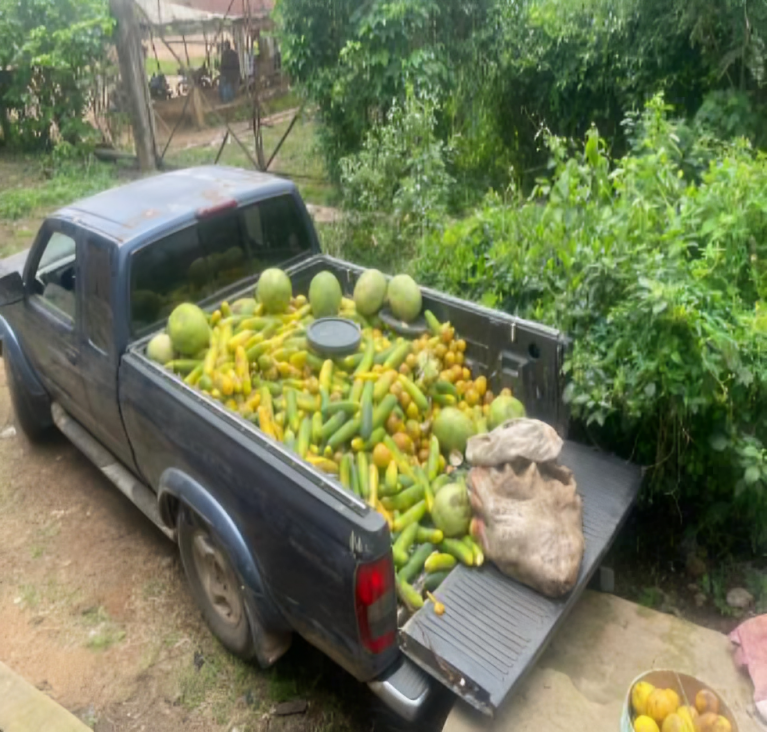
Conclusion: Embracing waste as Africa’s future Resources
By redefining waste as a valuable resource, Africa has the potential of creating jobs, reducing its environmental impact and driving sustainable growth. Waste can no longer be seen as a nuisance but as a powerful tool to transform the economy. The pathway to sustainability is tasking but with innovation, collaboration and investment, Africa will lead the way in transformation, not only the continent but will act as a model to the world.
